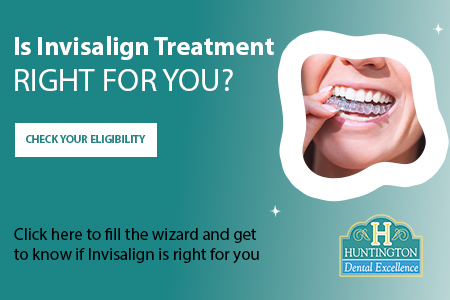Taking care of the smile ensures protection against certain conditions, including gingivitis and gum disease. With the assistance of the dentists at Huntington Dental Excellence, South Pasadena, California area, patients can address the problem if it arises.
What is gingivitis?
Gingivitis is the earliest stage of periodontal disease, an infection that can start with the appearance of bleeding gums.
What causes gum disease?
Many patients want to know what periodontal disease is and what causes it. In many instances, this infection is caused by poor oral health habits. That means inadequate brushing, lack of flossing, or not visiting the dentist regularly to monitor oral health and wellness.
What types of periodontal disease may develop?
Several different types of disease may occur, including :
- Periodontitis caused by systemic disease
- Necrotizing periodontitis
- Aggressive periodontitis
- Chronic periodontitis
When patients obtain a definitive diagnosis from their dentist, they will be given information regarding the type of periodontal disease present and the best way to treat it.

Signs and symptoms of periodontal disease
Patients often ask, what does gum disease look like? In the earliest phase, it may appear as red, swollen, and bleeding gums. Later stages can cause the shrinking of gum tissue, the spreading of the infection into the bloodstream (oral-systemic connection), and the loss of bone, resulting in the loss of natural, adult teeth.
When periodontal treatment may be recommended to a patient
After the patient gets a proper diagnosis of their condition from the team at Huntington Dental Excellence, they need to work with their dentist to obtain the appropriate treatment. Below are just a few of the more typical treatments used to combat this infection:
- Scaling and root planing
- Tissue regeneration
- Pocket elimination surgery
- Perio Protect at-home treatment
- Dental implants to replace missing teeth
How do I maintain my smile after periodontal treatment?
After a patient has periodontal treatment and has gotten their condition under control, they can maintain it with prescription-strength products at home, regular cleanings, evaluations at the dental office, and more attention to their oral healthcare routine daily.
How do I learn more about periodontal disease?






